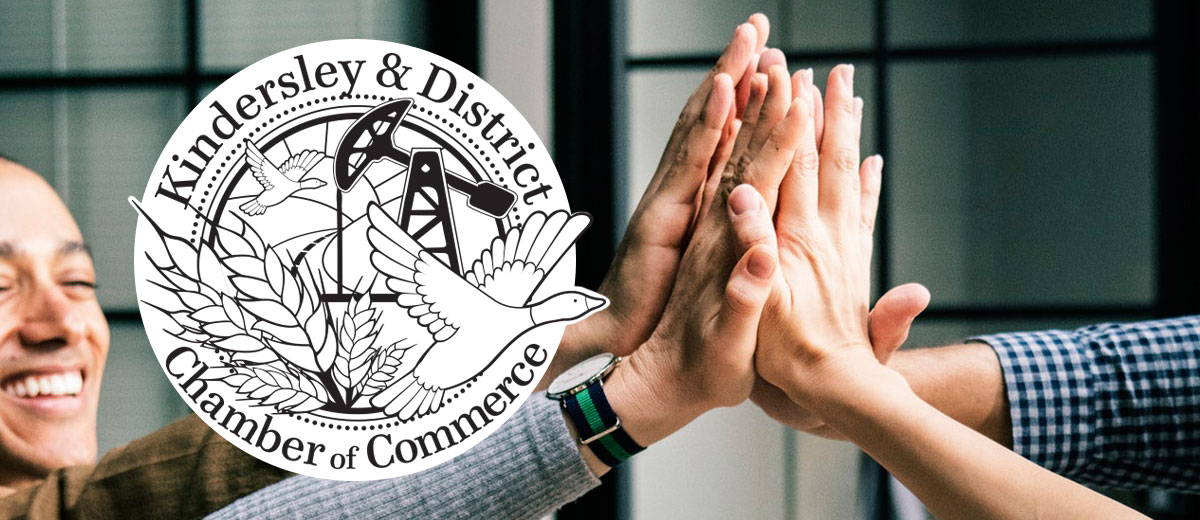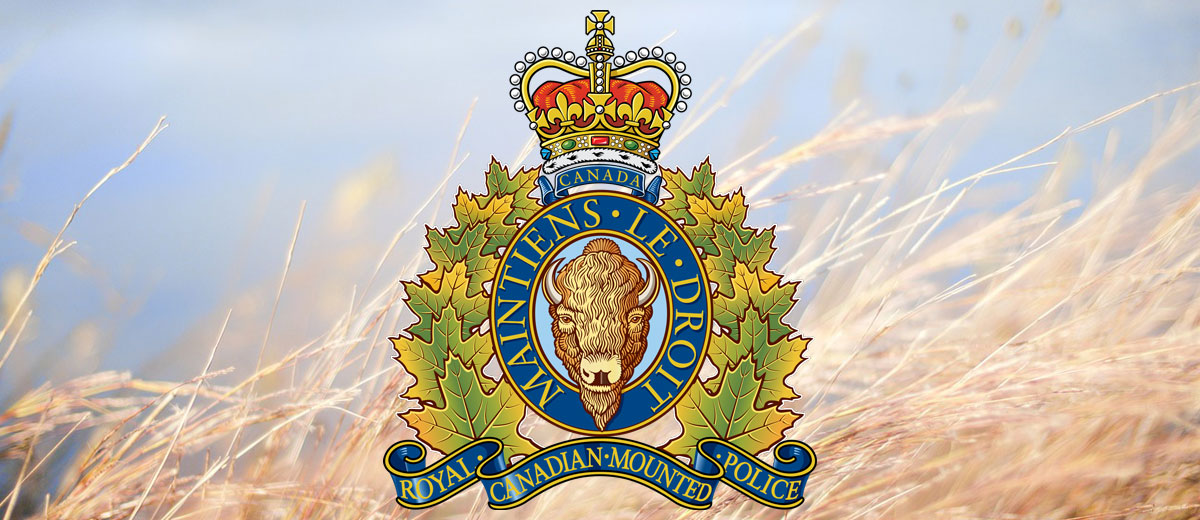
I’ve lost count of how many times I’ve whispered (okay, hissed) “Shhhh!” at my kids in public. At the grocery store, the park, the waiting room, or even at family dinners — it’s like my brain is wired to fear their noise. Don’t draw attention. Don’t be disruptive. Be good. Be quiet.
But recently I came across an article by social psychologist Jonathan Haidt called “Let Kids Be Loud” — and honestly, it shook me up a little. Not in a bad way, but in the best kind of wake-up call.
Haidt argues something simple but powerful: We’ve become a society that is overly intolerant of children being… well, children. Noisy, energetic, messy, joyful children. And in trying to mute them — in public spaces and even in our own homes — we’re actually doing more harm than good.
Haidt points out how, especially in upper- and middle-class communities, there’s a growing expectation that kids be small, quiet, and well-behaved. Screens have helped with this — instead of dealing with the discomfort of a bored or noisy child, we hand them a tablet. It works. They zone out. They stop yelling. They become “manageable.”
But at what cost?
As a mom, I get it. We’re tired. We’re juggling work and parenting and bills and laundry. And in our overstimulated world, a quiet child feels like a small victory. But Haidt makes the case that children actually need freedom to express themselves — to shout, sing, ask questions, and yes, even to annoy us a little.
The most touching part of the article for me was Haidt’s reflection on a visit to a synagogue where children were welcomed — even encouraged — to roam freely and speak during the service. The rabbi told him, “The sound of children is the sound of life.”
I just sat with that line for a minute.
Because honestly? I spend so much time trying to manage my kids’ volume that I sometimes forget that their noise is a sign of joy, curiosity, and aliveness. What if we shifted our thinking to see that noise not as a problem but as a precious signal that our children are here, growing and learning?
The article also touches on the psychological consequences of silencing children too much. Haidt references The Anxious Generation (his latest book), where he explains how today’s youth are facing record-high levels of anxiety, depression, and social disconnection. Over-regulation of their freedom — both physical and emotional — might be part of the problem.
When we constantly hush them, remove them from public spaces, or only allow them to be seen and not heard, we might be teaching them that their presence is a burden. That they must shrink themselves to be loved or accepted.
And that? That’s heartbreaking.
So what does this mean for us as parents? For me, it means letting go a little. Loosening the reins. Saying yes more often to messy play, loud songs, and wild dance parties in the living room.
It means showing up in public with my loud, imperfect children and resisting the urge to apologize for their existence. It means building a world — even just in my own home — where kids are allowed to be loud, silly, and fully themselves.
And it also means doing the hard internal work of recognizing when my shushing is about me, not them.
Haidt’s article was a gentle nudge — or maybe a megaphone — reminding me that noise isn’t the enemy. It’s actually one of the most beautiful things about childhood.
So the next time your kid yells a random question in the middle of the library, or bursts into giggles during dinner at Nana’s, or sings Frozen at the top of their lungs in the grocery aisle — maybe don’t hush them right away. Maybe smile. Maybe join in.
Because letting kids be loud might just be one of the most radical, loving things we can do in today’s quiet-obsessed world.
Until next time,
Sonya
Referenced article: Jonathan Haidt, “Let Kids Be Loud”, After Babel, July 2024. Available at: afterbabel.com
Referenced book: Jonathan Haidt, The Anxious Generation: How the Great Rewiring of Childhood is Causing an Epidemic of Mental Illness, 2024.


































